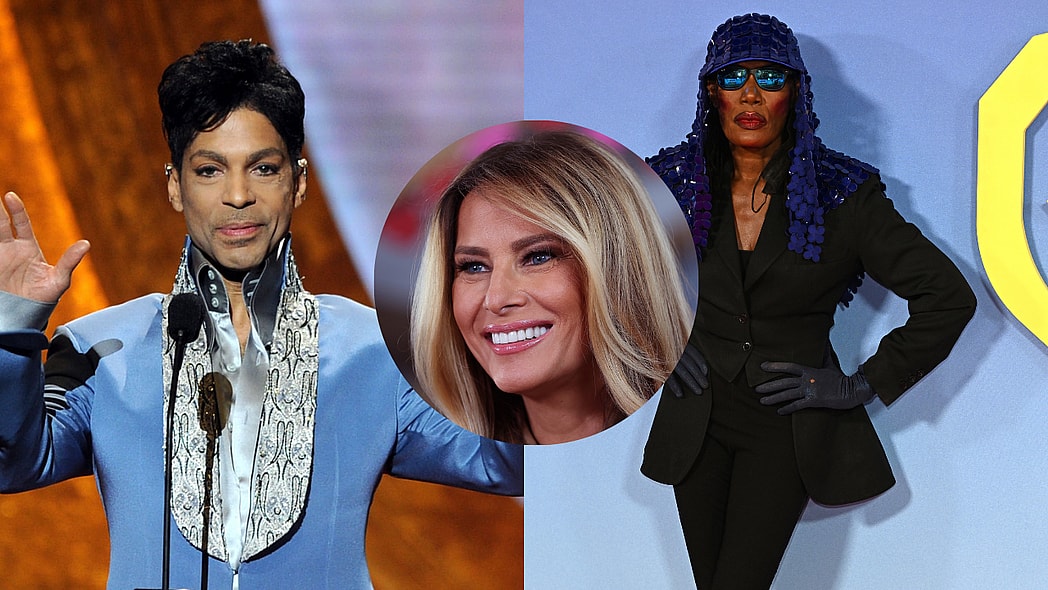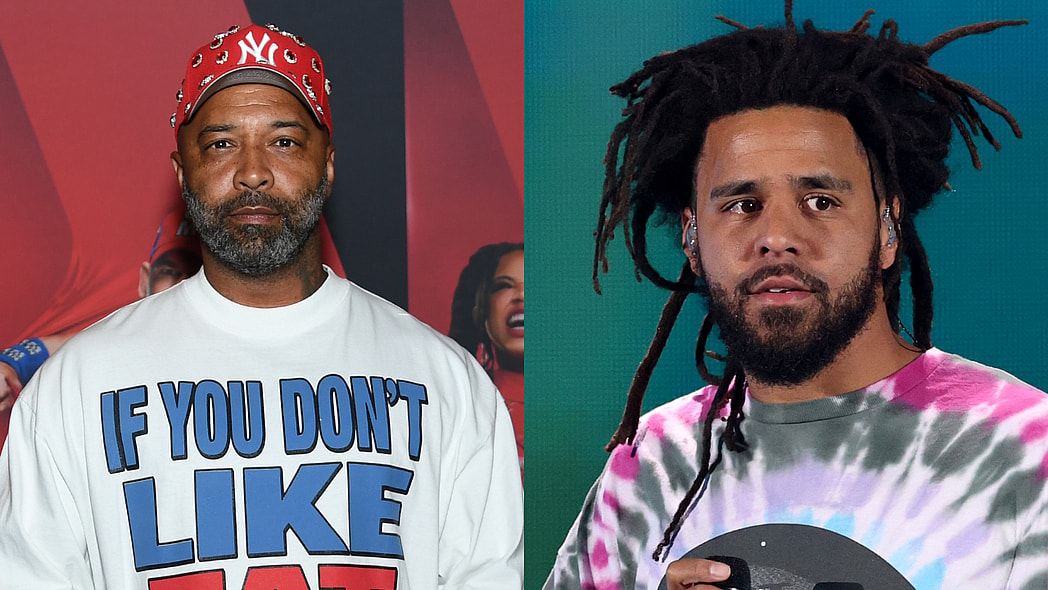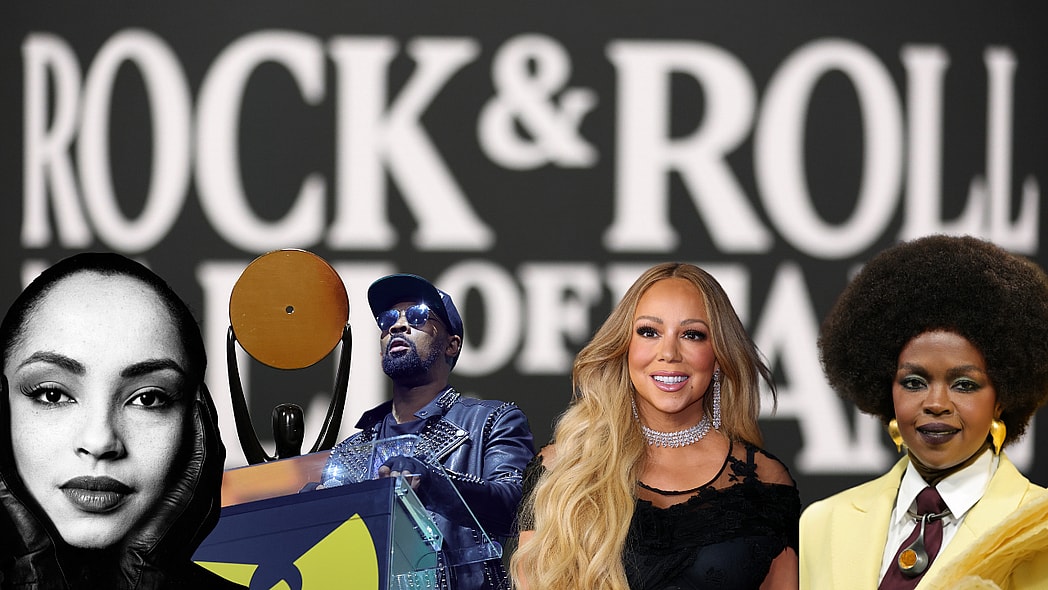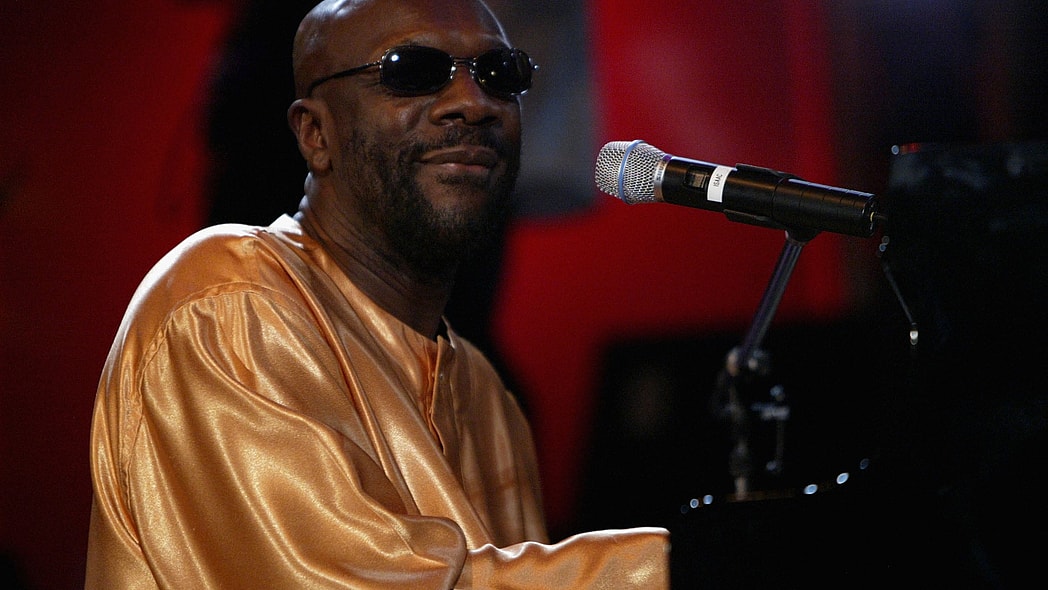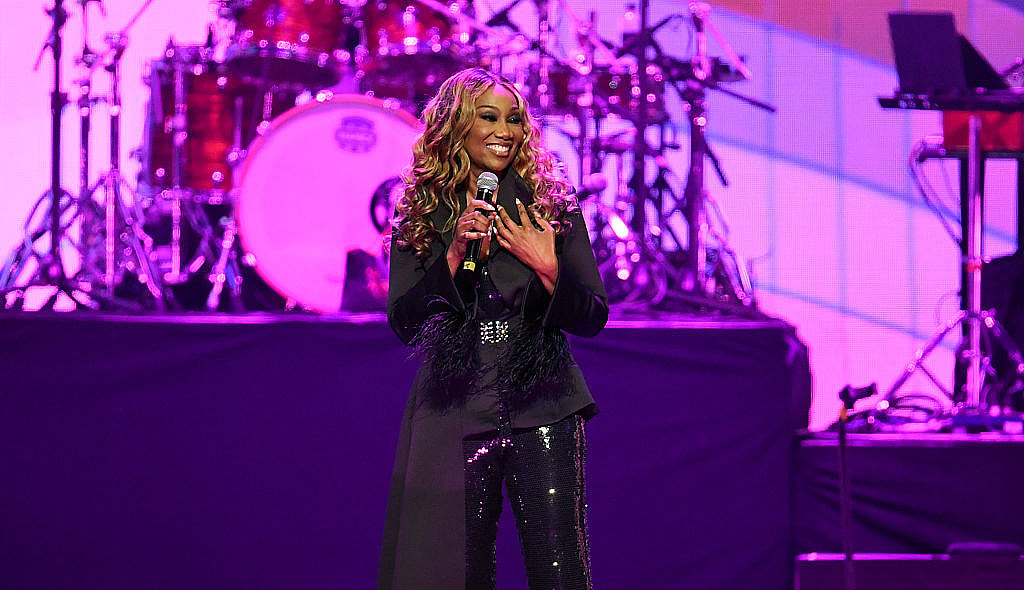Editor’s note: The following article is an op-ed, and the views expressed are the author’s own. Read more opinions on theGrio.
There was a time when the pairing of rapper Common and producer Pete Rock would easily be my most anticipated album of any year. Common, the Chicago rapper turned multihyphenate, has long been one of hip-hop’s most beloved MCs; he has both the respect of his hip-hop peers and crafted many commercially successful albums and songs. “The Light,” Common’s song produced by the late, GOAT-level producer J Dilla, is hip-hop canon at this point.
Similarly, Pete Rock is one of boom-bap, ’90s era hip-hop’s most vaunted and respected producers. He, too, has hip-hop canon-level productions; “They Reminisce Over You (T.R.O.Y.),” Pete’s record with his former groupmate CL Smooth, is arguably the greatest beat in hip-hop history. It is my favorite record of all time, regardless of genre, and while “greatest” of anything often becomes a matter of personal taste there is no conversation about the greatest production without that song.
When the news that two of golden-era hip-hop’s top-tier artists were collaborating on a project — the recently released “The Auditorium Vol 1” — my interest was piqued. As a point of note, Nas is also currently working on a collab-album with DJ Premier — apparently GOAT-level artists with ’90s heydays have all decided to work together. Now, I have to acknowledge that though my interest was piqued, I have reservations. Look, I am exceedingly happy that so many of my favorite artists are still able to create bodies of work and live off hip-hop. Hip-hop fans my age (mid-40s) often complain about the newer era of hip-hop and rap music, or if hip-hop is even what the younger folks are making. As is probably the case with every genre of music, as new and younger artists step into the arena, the sound changes and evolves, and the music becomes less relatable to the prior generations. That usually also means that when the older folks continue to create, it feels dated or less interesting, even to the core audiences.
While both Common and Pete Rock are responsible for classic material, I think it’s fair to say that their heydays are decades behind them. I’m sure neither of their egos would allow them to admit as much, but I’m a consumer and a fan and, at times, an apologist who still listens to Common’s “Like Water for Chocolate” (1999) and any of Pete’s instrumental series albums like they just came out yesterday. I love these artists, and I haven’t been as invested in any of their recent output past a few listens. I will always show them respect by paying for and downloading their projects and listening because I appreciate what they’ve given to the culture and to me as a fan.
So color me excited when the first record I heard from the duo, “Wise Up,” had a vintage feel but sounded the best of both their talents: Common spitting with that same fervor that put him in so many conversations as one of the best rappers out and Pete with the kind of beat that just … works. That’s a hallmark of the entire album — vintage but relevant Pete Rock production with a lot of melody and basslines that impress in 2024 as much as they did in 1992. Common also sounds inspired. It’s almost as if Common and Pete decided to be their absolute best selves for the dream collaboration that every hip-hop fan who still argues about top 5s didn’t even know we needed.
For instance, Pete might actually have my favorite four bars on the album when he opens up rapping on “All Kinds of Ideas” with: “I’m soul brotha uno, Black from the future/make beats on my table if I break my computer/I still make hits like I used to/keep your top 5, I’m God’s favorite producer.” I cannot stress how hype that made me; Pete was never my favorite producer-on-the-mic, but bars like that make me smile. Not to mention that the beat itself is the kind of production that made Pete Rock my favorite producer in the entire genre. The whole project is full of beats that are different enough to show Pete’s range while also staying true to his gifts. “Fortunate,” “Now and Then,” “When the Sun Shines Again” and “Dreamin,’” among others, are the reasons why any time Pete Rock is part of a project, either solo or with others, I have to at least give it a listen. Pete gon’ Pete and that is a good thing for every hip-hop fan.
And then there’s Common. I’ve been critical of Common as a rapper over the years. Most of that is because I think Common, for a time, was one of the best to ever do it. He was at least part of the conversation about the top 10 best rappers doing it. But I felt as if Common’s rising success sanded off some of his edge. One of my favorite things about Common was always his willingness to speak truth to power, no matter whose feathers it ruffled. That landed him in a high-profile beef with Ice Cube and had him calling out “shiny suit” rap and hip-hop as a whole on many occasions. But that all changed at some point as his opportunities and profile increased. That’s not a bad thing or even uncommon — no pun intended. I just think it, at times, made Common the least compelling part of his own albums. Still a good rapper and lyricist, just different. It feels like a stupid thing to complain about or point out — far be it from me to want to stifle a person’s growth and evolution — but the conversation around Common did change from legendary rapper to megastar who raps, if that makes sense. To wit, Common is only a Tony Award away from a highly coveted EGOT, having secured an Emmy Award, multiple Grammy Awards and an Oscar Award, the first rapper to ever have done so.
Music
Common, on “The Auditorium Vol. 1” sounds like a perfect blend between the Common of old who wanted you to care about his bars and the Common of today who knows that he’s one of the best to ever do it and has nothing to prove to anybody, like the Common from the song “Be” off his 2005 album of the same name. I found myself interested in Common’s bars again in a way that I hadn’t been in a while. Which might say more about me than him as a rapper, but it is what it is. All I know is that I enjoyed listening to Common over this Pete production.
Speaking of Pete’s production (again), one of his calling cards has always been his use of song snippets at the beginning of records. The most famous example is The Beginning of The End’s “She Made Me Promise,” which opens up “They Reminisce Over You (T.R.O.Y.)”. On “The Auditorium Vol. 1,” Pete uses this same practice but puts the song snippets at the end of records, which either opens up the next song or ends the previous one. I don’t know but I’m glad the snippets are there, adding to the vintage feel I have for the record.
“The Auditorium Vol. 1” is not a perfect record, but perfection is overrated and should never be the enemy of good. Two of the most respected talents in hip-hop history put together an album I didn’t even know I’d care about in 2024. But not only am I interested, they released a project that’s worth repeated listens not just because it reminds me of 1997 but because as it turns out, 1997 still sounds amazing in 2024.
I hope Pete and Common still have all kinds of ideas because if they do, I’ll be waiting for the next installment, inside the auditorium.

Panama Jackson is a columnist at theGrio and host of the award-winning podcast, “Dear Culture” on theGrio Black Podcast Network. He writes very Black things, drinks very brown liquors, and is pretty fly for a light guy. His biggest accomplishment to date coincides with his Blackest accomplishment to date in that he received a phone call from Oprah Winfrey after she read one of his pieces (biggest) but he didn’t answer the phone because the caller ID said “Unknown” (Blackest).


